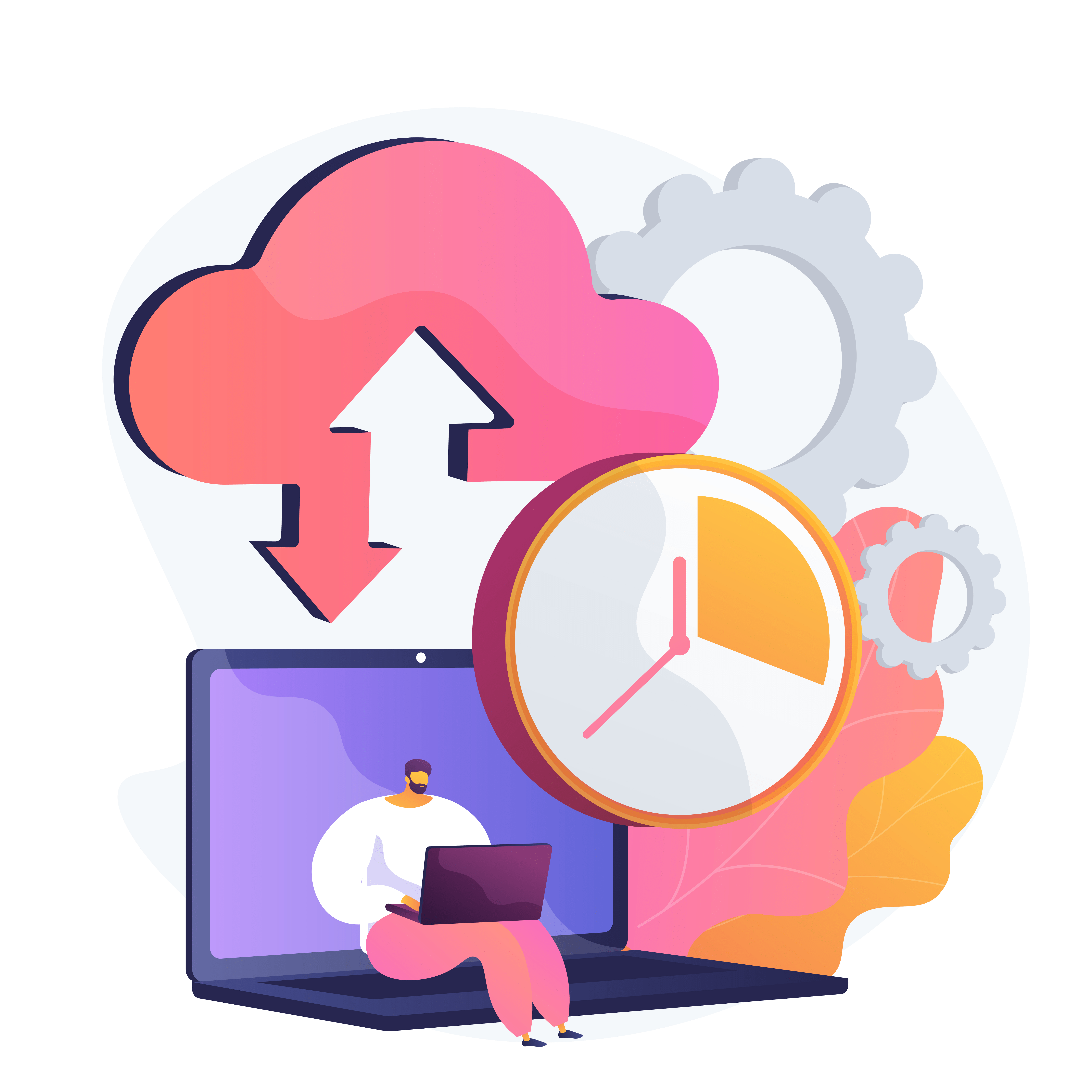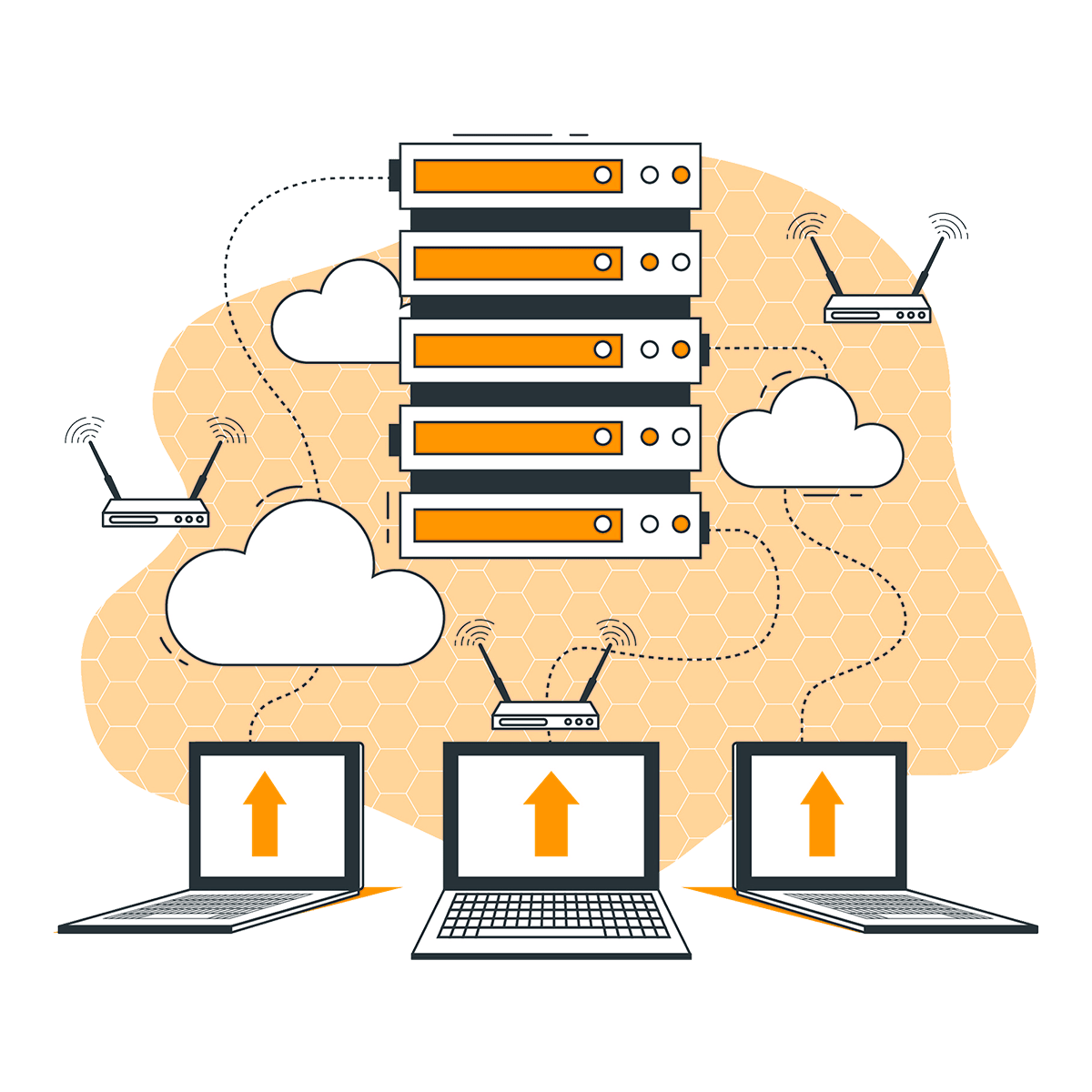








SaaS stands for ‘Software as a Service’. SaaS is a software distribution model in which a cloud provider hosts programmes and makes them available to end customers via the internet. An independent software vendor (ISV) may hire a third-party cloud provider to host the application in this manner. In some cases, such as with Microsoft, the cloud provider is also the software vendor. SaaS, along with infrastructure as a service (IaaS) and platform as a service (PaaS), is one of the three basic types of cloud computing (PaaS). SaaS apps are used by a wide range of IT experts, commercial users, and consumer users. Personal entertainment, such as Netflix, to advanced IT tools are all available. SaaS products, unlike IaaS and PaaS, are commonly offered to both B2B and B2C customers.

Multi-tenant SaaS applications and services are commonly used, which means that a single instance of the SaaS application will run on the host servers and will serve each subscribing client or cloud tenant. All clients, or tenants, will use the same version and configuration of the application. Despite the fact that different subscribing customers will be running on the same cloud instance with the same architecture and platform, data from different customers will be kept separate. Because SaaS applications are typically multi-tenant, the cloud service provider can manage maintenance, upgrades, and problem fixes more quickly, easily, and efficiently. Engineers can make essential changes for all clients by maintaining a single, shared instance, rather than having to implement changes in different instances.
The cloud delivery model is used for SaaS. An ISV may contract a cloud provider to host the application and related data in the provider's data centre, or a software provider may host the programme and related data using its own servers, databases, networking, and computing resources. Any device with a network connection will be able to use the app. Web browsers are commonly used to access SaaS apps. As a result, firms that use SaaS applications are not responsible for the software's setup and maintenance. Users merely pay a monthly charge to receive access to the programme, which is a fully functional solution. The application service provider (ASP) and on-demand computing software delivery models are closely related to SaaS, in which the provider hosts the customer's software and distributes it to permitted end users through the internet.

Let’s chat about your goals